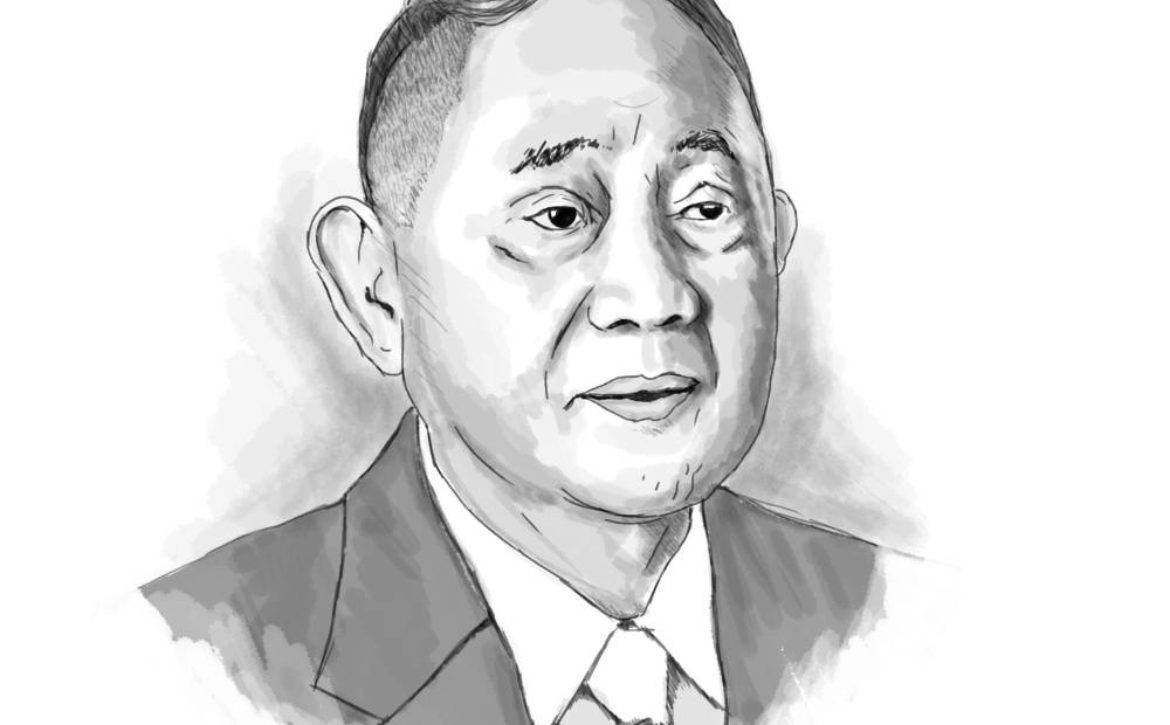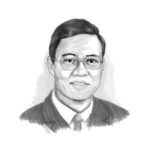
Peacemakers and dialogue among nations
PEACE-MAKER
Former Speaker of the House Jose C. de Venecia Jr.
The United Nations general assembly commenced its 76th session last Sept. 14, amid the still raging COVID-19 pandemic, which has infected some 226 million people and claimed more than 4.6 million human lives worldwide, and increasing, devastated the global economy, and rendered jobless some 200 million individuals throughout the world.
In the face of the virulent plague which transcends national, regional and even hemispheric boundaries, truly there is a greater need for dialogue, solidarity and cooperation among countries, as no nation can solely face, and conquer, these global health and economic crises.
As Speaker of the House of Representatives and in the course of our modest foray in parliamentary and political party diplomacy, we have had the privilege of meeting UN secretaries-general U Thant, Javier Perez de Cuellar, Boutros Boutros-Ghali, Kofi Anan, and Ban Ki-moon, all men of peace.
Much earlier, as a 29-year-old economic minister and press counselor at the Philippine Embassy in Saigon (now Ho Chi Minh) from 1966 to 1969, during the Vietnam war, we had the chance of meeting then UN secretary general U Thant of Burma (now Myanmar).
U Thant was credited for helping resolve the Cuban Missile Crisis of 1962 where the nuclear powers, the United States and Soviet Union, led by then President John F. Kennedy and Premier Nikita Krushev, respectively, were in the brink of a collision course, which placed the world under the threat of a nuclear inferno.
U Thant served as UN chief for 10 years, from 1961 to 1971, following the death of his predecessor Dag Hammarskjold in a plane crash.
Javier Perez de Cuellar of Peru, whom we met when we were acting chairman of the foreign relations committee of the House of Representatives during the Eighth Congress, was a skillful negotiator and peacemaker, whose two-term stint as UN secretary general, from 1982 to 1986 and from 1987 to 1991, coincided with some of the most tumultuous events in the second half of the 20th century, among which is the Cold War, led by the US and the former USSR.
He played a crucial role in ending the Iran-Iraq war, which lasted eight years, from 1980 to 1988, as well as in the signing of the Cambodian peace accord, which ended the conflict and bloodshed in the country.
We were a pioneering businessman in the Middle East and North Africa when the Iran-Iraq war broke out, for which we lost our hard-earned wealth with our sudden emergency pull-out from the Middle East triggered by the war, our forced abandonment of some $40-million in infrastructure equipment in the war zone, and our tragic expensive repatriation of thousands of our Filipino workers back to the Philippines.
As Speaker of the House of Representatives, we had the privilege of conferring at the UN headquarters in New York with then UN secretariesgeneral Boutros Boutros-Ghali of Egypt, Kofi Annan of Ghana, and Ban Ki-moon of South Korea.
It was during the time of Kofi Anan, a 2001 Nobel Peace Prize laureate, when we in the Philippines succeeded in establishing an Interfaith Dialogue in the UN in 2005, as a way in helping resolve politico-religious conflicts, strengthening the religious moderates, and isolating those who advocate terrorism and violent extremism in the name of religion.
The Interfaith Dialogue was a major victory for the Philippines in international diplomacy and our country’s enshrined contribution in advancing the cause of global peace. Since then, not only the United Nations and individual governments, but also civil society groupings, have been holding these dialogues at local, national, regional and international levels.
We met with Ban Ki-moon when he was UN secretary general and, later, as chairman of the Seoul-based Global Green Growth Institute (GGGI), following his retirement from the UN.
In our capacity as founding chairman of the International Conference of Asian Political Parties (ICAPP) and co-chairman of the International Association of Parliamentarians for Peace (IAPP), we had the privilege of sharing the stage with him at various international conferences, among which were on climate change, an issue that is close to Ban Ki-moon’s heart, and on the Korean Peninsula.
As UN secretary general, he graciously accepted our invitation to speak several times at our ICAPP and IAPP conferences. On his invitation, we addressed the Global Green Growth Institute’s meeting in Seoul in October, 2018.
Seoul has been home to the Secretariat of our 350-member International Conference of Asian Political Parties since 2006, when we decided to transfer it from Manila to the South Korean capital as our small, humble contribution in encouraging direct talks between Seoul and Pyongyang. South Korea’s political parties are members of ICAPP, as well as North Korea’s Korean Workers Party.
Among Ban Ki-moon’s remarkable international initiatives was the historic 2015 Paris Agreement, which elevated the battle against climate change to the forefront of the global agenda.


